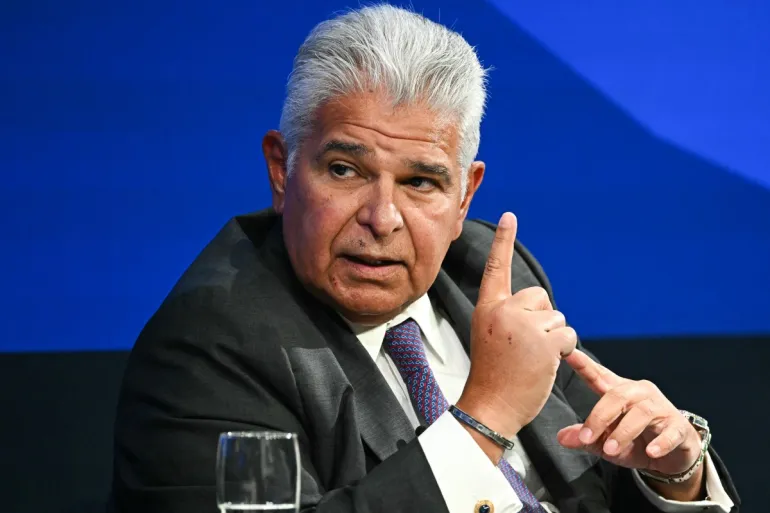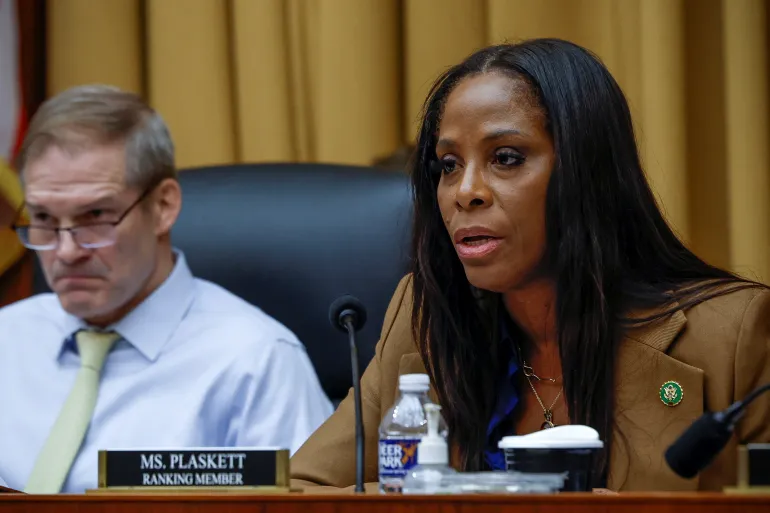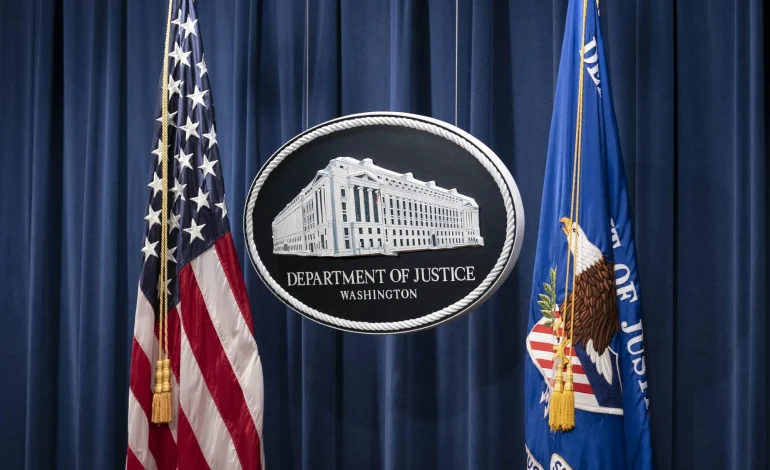A potential shift in US policy has raised concerns among anti-corruption officials in Europe as President Donald Trump has reportedly instructed Attorney General Pam Bondi to cease enforcing the Foreign Corrupt Practices Act (FCPA), a US law enacted in 1977 aimed at combating bribery of foreign officials, Bloomberg reports.
Recent years have seen Glencore Plc, Airbus SE, and Credit Suisse collectively pay over $5.5 billion in fines related to corruption cases. While European law enforcement agencies often took the lead, the involvement of US authorities was instrumental in securing these settlements.
Trump has previously described the FCPA as a “disaster,” claiming it hinders American businesses.
While the long-term impact of this decision remains uncertain, European authorities are considering the implications for international anti-corruption efforts. The FCPA has a five-year statute of limitations, meaning companies could still be held liable for past violations if enforcement resumes.
European agencies have historically relied on the US for intelligence sharing and support in major cases. The US possesses unique jurisdictional advantages, such as the ability to pursue cases involving transactions conducted in US dollars. Additionally, the US legal system offers the potential for significant penalties and the use of cooperating witnesses.
Examples of US involvement in international corruption cases include Glencore’s $700 million guilty plea for FCPA violations and Credit Suisse’s $475 million penalty for bribery in Mozambique. A US investigation into FIFA kickbacks also led to arrests of top officials in Zurich.
The US-led prosecution of Alstom in 2014, which resulted in a $772 million penalty, prompted France to strengthen its own anti-corruption measures.
Cooperation between European and US law enforcement intensified following a 2006 raid on Siemens’s headquarters in Munich, which uncovered evidence of an international bribery network. As Siemens was listed on the New York Stock Exchange, US officials joined the investigation, leading to a $1.6 billion settlement in 2008.
Trump’s reported decision to halt FCPA enforcement has been met with surprise, given his past criticisms of the legislation, dating back to 2012, when he called it a “horrible law.”










The latest news in your social feeds
Subscribe to our social media platforms to stay tuned